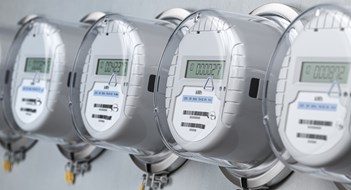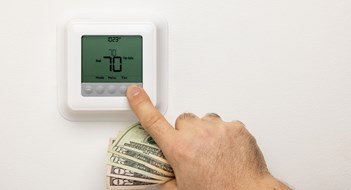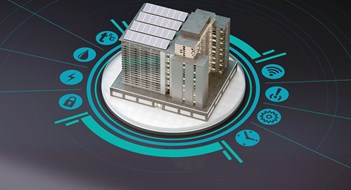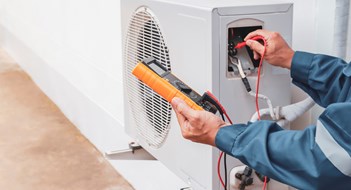The impacts of climate change are vast and interrelated. While natural factors like solar variations, the planet’s orbital shifts, and volcanic eruptions occur cyclically and have nothing to do with people, human activity adds significantly…

COOPERATOREVENTS NEW YORK EXPO. WEDNESDAY APRIL 22ND . NEW YORK HILTON MIDTOWN. REGISTER NOW!

The impacts of climate change are vast and interrelated. While natural factors like solar variations, the planet’s orbital shifts, and volcanic eruptions occur cyclically and have nothing to do with people, human activity adds significantly…

In New York, most co-ops and condos receive energy from either Con Edison or an energy service company (ESCO). When it comes to energy however, conservation is the watchword–both in terms of cost, and in terms of reducing the environmental …

Perhaps the most pressing long-term issue for our society and the planet as a whole is the threat posed by climate change. While some may still deny the established facts, the reality remains that the world is warming at an unprecedented - …

Multifamily buildings – both new and existing – face barriers to decarbonization amid competing demands and growing pressure from legislation, residents, and tenants. But there are opportunities to build value today, namely energy efficienc…

As the climate crisis accelerates, numerous, diverse technologies are being designed to battle the effects of heavily polluting, carbon-based energy sources like oil and gas. Many of these innovations are coming out of the heating, ventilat…

Switching from technologies and equipment that are powered by fossil fuels to efficient, all-electric option—a process known as electrification—is fundamental to advancing building decarbonization and combating climate change. The electrifi…

After the devastating gas explosion in Harlem in 2014 that leveled a building, leaving eight people dead, and a second explosion in the East Village in 2015 that killed two and injured twenty, New York City passed Local Law 157 (LL157). Whi…

When my grandfather came to New York City from Hungary in 1924 he lived in a rooming house on East 78th Street on the then not-very-fashionable Upper East Side of Manhattan. When temperatures soared in the summer, the family slept on the fi…

Local Law 97 (LL97), part of New York City’s drive to achieve a zero carbon footprint by 2050, looms large for both the city’s landlords and the boards of shared-interest communities. The cost of compliance is high, and the process complica…

In 2025, the first compliance requirements for Local Law 97 will become a fact of life for literally thousands of New York City co-ops and condos, and those who call them home. Local Law 97 is far-reaching legislation aimed at making New Yo…